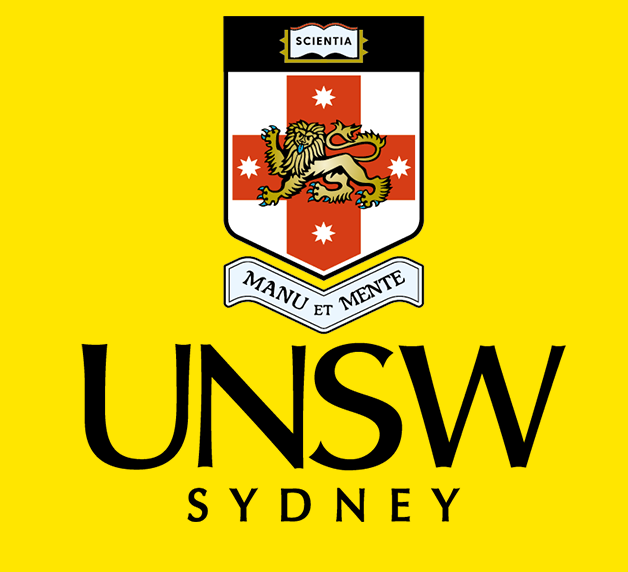As a part of the School of Electrical Engineering and Telecommunications, this degree offers you a collection of facilities and labs that support research to enhance your learning experience.
You can expand your career opportunities in this booming industry by gaining a competitive edge with this in-depth postgraduate degree. As the largest electrical engineering school in Australia, with over 1800 students and 43 academic staff, our degree provides advanced telecommunications training in the latest industry theory and application.
This degree focuses on recent advanced aspects of telecommunications engineering, including protocols used in networks such as the internet, the operation and control of networks and the design and operation of switches and routers. It also covers aspects of advanced wireless communications, such as modulation and coding techniques, and information theory.
You can opt for flexible learning option, a keystone feature designed for students with a four-year accredited engineering degree wishing to broaden job prospects through cross training, re-training or specialisation.
